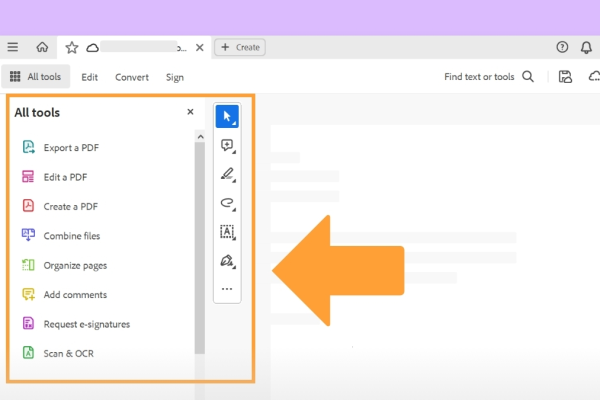Learning can improve various cognitive functions in your brain. It can stimulate brain development and make you more focused, alert, and ready for everyday life. Bill, CEO and founder of www.cursums.com, shared with us information about how learning improves the human brain. Let’s have a look.
Strengthening Neural Pathways
Throughout life, the brain can form new and reorganize older neural connections. This skill is called neuroplasticity. When you learn, you stimulate this process because when you study, your brain has to create and strengthen neural pathways. When you enhance neuroplasticity by learning, you give yourself better skill acquisition, cognitive growth, and greater adaptability.
Increase of Gray Matter
As you already know, learning can influence the structure of the brain. It can increase the gray matter volume, especially in the hippocampus and prefrontal cortex: the areas of the brain that are associated with memory and learning. This leads to the creation of new synaptic connections and increased neuronal density. Both of these things improve your cognitive performance.
Quicker Processing of Information
When you learn, you promote neural efficiency – the brain’s ability to process information faster and more accurately. Your brain becomes trained in filtering information and prioritizing which pieces are the most important. As an effect, you can process them faster and more efficiently. The more you learn, and the better your problem-solving abilities are, the quicker your brain processes information.
Boost For Cognitive Abilities
Learning is a great way to stimulate and enhance various cognitive abilities. By learning, you can improve your memory, increase attention, and boost concentration. Additionally, you develop skills such as critical thinking, decision-making, and problem-solving.
When you engage in new and challenging learning adventures, you help your brain to develop neural networks, which are connected with the cognitive functions mentioned above.
Dopamine Release
Learning can stimulate the release of dopamine. It’s a neurotransmitter that is associated with reward and motivation. You may experience it in many situations, for example, after eating the food you like, but also after achieving your educational goal. Dopamine reinforces neural pathways that are connected to pleasurable experiences. As an effect, you can feel more motivated to continue learning, and your brain will be more likely to absorb new knowledge and skills.
Reduced Risk of Cognitive Decline
Lifetime learning is a great solution for some cognitive illnesses. When you continue learning, you promote your brain’s health and help it to maintain its cognitive functions. With age, many cognitive functions decline. However, the brain has the ability to resist age-related decline if you keep learning. Thanks to that, you can enjoy a sharp mind for much longer. Continuous learning is associated with a reduced risk of dementia and even Alzheimer’s.
Summary
As you can see, learning can help your brain create new neural pathways and boost many cognitive functions. It’s also a great way to improve your skills, including problem-solving and critical thinking. Learning can also be rewarding, as by doing it, you stimulate dopamine production. And if you are a “forever student,” you also prevent yourself from dementia and other neural conditions.





